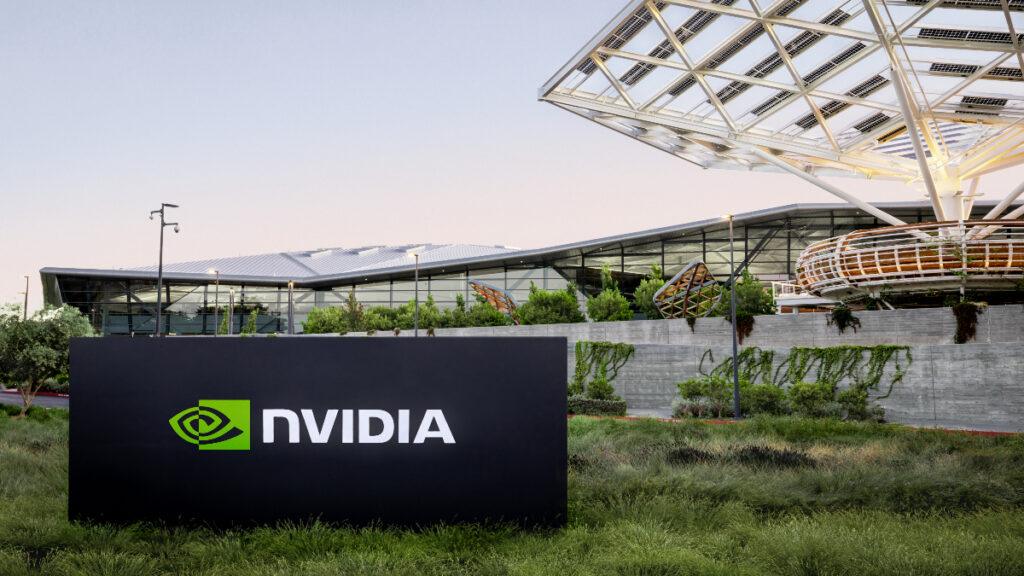Table of Contents
In May, the UAE committed to make investments in the U.S. in return for access to several hundred thousand Nvidia AI chips on an annual basis
In sum – what to know:
Chip deal stalled – a multibillion-dollar agreement between Nvidia and the UAE government for AI chip exports remains frozen nearly five months after its announcement.
Commerce approval – the US commerce secretary is pushing the UAE to complete promised U.S. investments before authorizing chip shipments, adding to delays.
Security and geopolitics – concerns over the UAE’s links to China and Washington’s tighter export controls have complicated the deal, frustrating Nvidia leadership.
A multibillion-dollar agreement to supply Nvidia’s AI chips to the United Arab Emirates (UAE) remains stalled nearly five months after being unveiled, according to The Wall Street Journal. The delays in the execution have frustrated Nvidia chief Jensen Huang, as well as some officials in the U.S. government, said people familiar with the matter.
Under the terms of the agreement announced in May, the UAE had committed to invest in the U.S. in return for access to several hundred thousand Nvidia AI chips on an annual basis. But the investments have not been made, leaving the agreement in limbo, according to the report. Final approval of the deal lies with U.S. commerce secretary Howard Lutnick, who is required to authorize both the UAE’s investments in the U.S. and any chip exports from the U.S. Lutnick has pressed the UAE to finalize its investment commitments before greenlighting shipments, delaying the process further.
National security concerns, particularly over the UAE’s ties with China, have also complicated negotiations. Nvidia executives have expressed dissatisfaction with Lutnick’s handling of the deal, as have some members of the Trump administration. The U.S. government has increased oversight of Nvidia’s overseas chip sales, part of a broader effort to control exports of advanced AI technology. Nvidia is already facing increased restrictions in China, where authorities have instructed domestic firms to reduce reliance on foreign-made AI semiconductors.
Nvidia is reportedly preparing a new AI chip for the Chinese market, which would be more powerful than Nvidia’s current China-specific GPU, the H20. Tentatively named B30A, the chip will feature a single-die design, meaning all major components will be integrated onto one piece of silicon.
Donald Trump previously mentioned the fact that Nvidia was looking to make its Blackwell chips available to the Chinese market following the announcement that Nvidia and AMD had agreed to pay the U.S. government 15% of the revenue generated from the sale of its H20 and MI380 chips as a condition for obtaining export licenses for the semiconductors.



